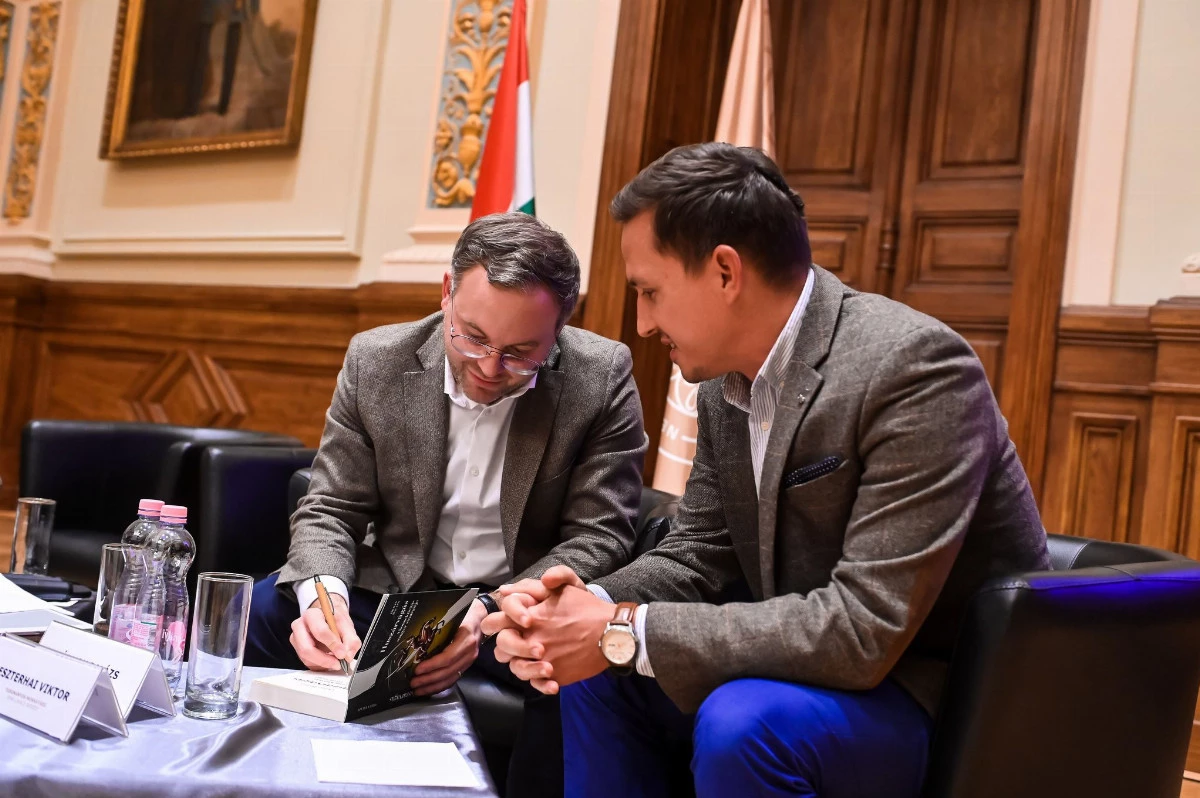
However, this view of the geopolitical order of the world has been proven to be wrong in recent years. In a change of character, the United States is now engaged in the strategy of ‘bloc forming’ again, reminiscent of the Cold War era. The author also talked about the strategy of ‘decoupling,’ which refers to the severing of ties between two economies. ‘De-risking’ is a softer version of that—both terms are quite popular among the Washington leadership these days, in reference to dealing with the Eastern power bloc, most notably China.

As for Hungary’s place in the new world order, the focus of the second part of Balázs Orbán’s book, the author stressed that the country has a very open, connected economy. It is very export-oriented as well, with the combined value of its exported goods reaching as high as 90 per cent of the annual GDP. Given that we are not rich in natural resources, Orbán continued, we also have to heavily rely on imports as well.
Therefore, bloc forming and decoupling are not in the national interest of Hungary.
Mr Orbán reminded all of the great economic improvements Hungary has made since 2010, which it achieved by being a ‘complex, export-oriented, innovative economy,’ as he put it. However, all this could only be achieved by being highly connected to Eastern economies as well, and with the help of a high volume of FDI (foreign direct investment) inflows.
Mr Orbán is under no delusion that the Hungarian government could change the worldview of the greatest superpowers of the West. However, the country does not have to take instructions from them either, and can follow its own strategy of connectivity, cultivating economic ties with countries from the Eastern bloc as well. The speaker also discussed in detail Hungary’s aspiration of becoming a ‘keystone state’ in the region, which he defined as states small in landmass and population that can still influence international political systems as leading regional powers.